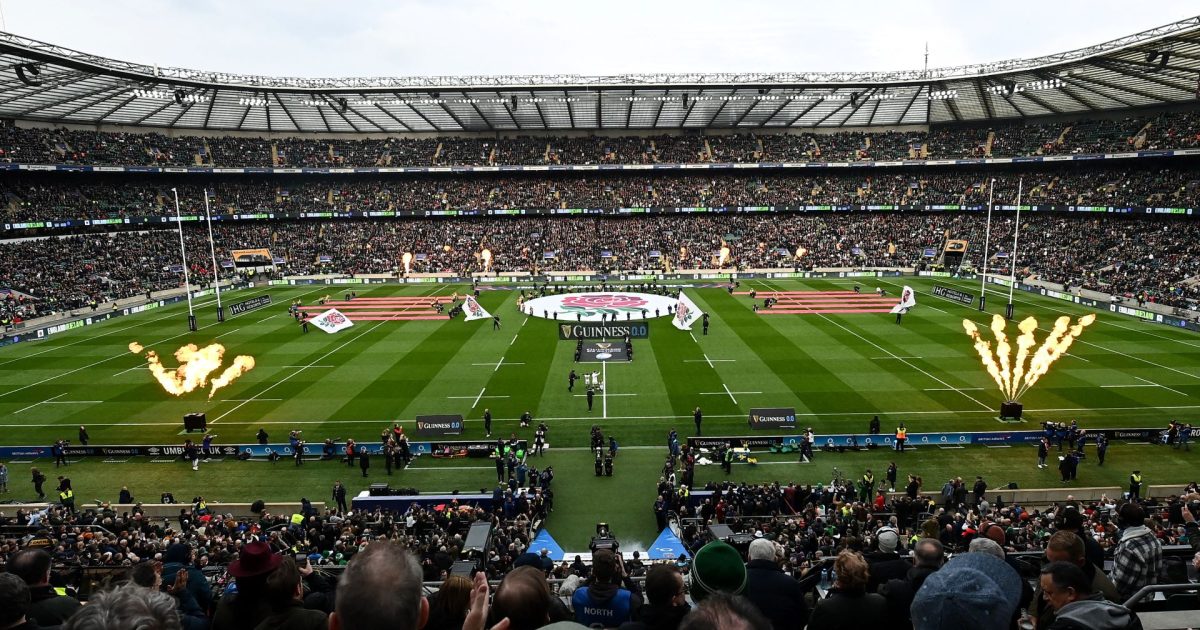The RFU update on Twickenham redevelopment and rising ticket prices

The RFU are going through the “planning phases” for the scheduled redevelopment of Twickenham, with chief executive Bill Sweeney saying the stadium “needs upgrading”.
Plans to redevelop Twickenham were revealed in February after the RFU rejected a proposal to make Wembley the home of England rugby, but Sweeney recently confirmed that any work will not start until 2027.
This is a move to make the 82,000-capacity stadium, originally built in 1909, “fit for purpose”.
“The stadium needs upgrading,” Sweeney said at the Impact ’25 launch on Tuesday.
“It has to be fit for purpose because it’s such an important revenue generator for us. There’s a stadium master planning steering group which reports into the RFU board. We’re going through all the planning phases and various different options but you won’t see development or work on the stadium until about 2027.”
Twickenham, and more specifically the cost to attend matches there, has been under the microscope recently after The Times reported that England’s clash with the All Blacks in November will see the RFU charge its highest-ever prices for a ticket outside of the World Cup.
While Sweeney said that this is something they are “conscious” of, he added that there is no immediate solution, and explained why these price rises have happened.
“On the one hand, it is market forces,” he said.
“Our own utility bill at Twickenham went from 2.5m to 7.2m in a year and that was unbudgeted. Costs are absolutely rocketing at the moment. We’re a business in the sense that we eventually have to deliver profit that we invest back in the game.
“We take it very seriously, in terms of the level of ticket pricing. What you’re seeing there is a reflection of what’s happening other parts of society in having to increase your prices.
“It’s very easy to say ‘reduce your prices, make it more widely available and bring in a different demographic’. The way ticketing is structured within the RFU, it’s very difficult to influence that.
“Within the articles of association of the RFU, 51 percent of tickets are allocated to the clubs. Debentures account for 20%, 15% goes to the visiting team. 10% is for commercial partners, so you have a very small percentage that you can actually go to market with in order to change the demographic. It’s something we’re conscious of but there’s no immediate, obvious solution to that.





































































